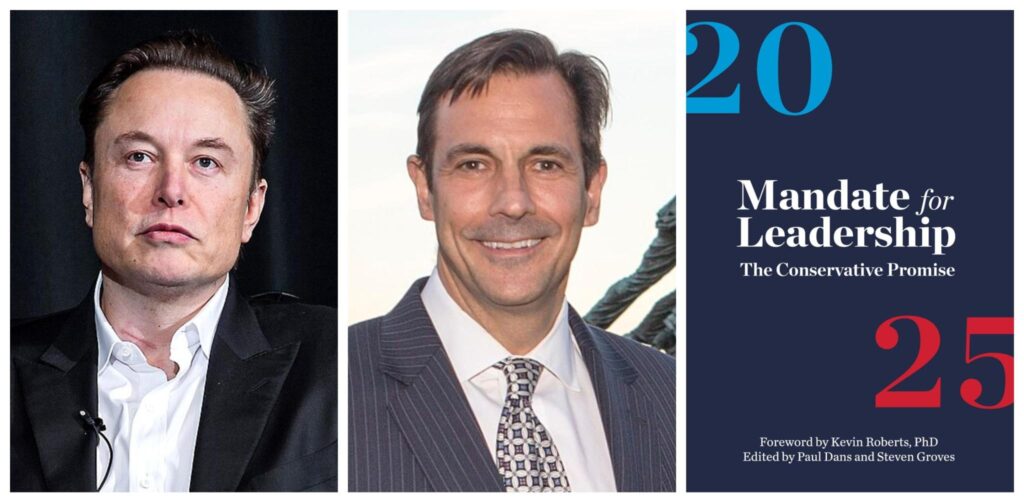Well, it’s 94 degrees (or 34, depending on which side of the border you’re from) here in Pasadena and it’s pretty much unbearable for a Vancouver resident like myself. Thankfully, we’ve been inside an air-conditioned room all day, which actually feels like a blessing on the odd occasion!
The day is going by quickly, and continues to be interesting. We’ve gotten a couple of podcast audio interviews, which I’ll be posting later. In the meantime, I’ve tried to gather some notes from the first half of this afternoon. They aren’t as extensive as my morning notes, but as we’ve been hearing from people here that they think it’s really great that we’re reporting out live, I’ll post them, as is, anyway.
Our first speaker was Dr. Donald Prothero, speaking about Catastophes that Shape the Planet.
He spoke about “KT impact” and to what extent it was the cause of mass extinctions. The evidence actually indicates that marine reptiles were gone before impact. Non-avian dinosaurs died out but apparently they had begun to decline long before KT.
There was no effect on crocodiles, turtles, mammals, bony fish, amphibians, insects or birds. The impact couldn’t have been that severe or these groups would have vanished.
The theory that the impact provoked massive acid rain doesn’t hold up, or there would be no amphibians on earth today.
This presentation is pretty difficult to sum up – it’s a whole lot of facts and slides and it’s very scientific and so I’m not capturing most of it.
He spoke about greenhouse and icehouse phases of the earth. We are still technically in an icehouse phase. And he says we would be heading into another ice age any day now, except for global warming which COULD produce a “super interglacial”.
Myth: Climate runs in cycles
Fact: During the warmest interglacials of the past 650,000 years, global carbon dioxide levels never got as high as they are now.
The North Pole is now open water, which it hasn’t been in 300 million years!
He dismisses that there is a controversy. Science Magazine in 2004 found 928 articles that supported global warming, and none against, and the scientists who speak out against it are paid by private interests and are not actually scientists.
We then had Brian Fagan, speaking about Climate Change and Ancient Societies. You can download his courses from The Teaching Company. He is the author of several books. He says he is not a climate scientist, but an archaelogist.
He spoke about the concept of “vulnerability” in human societies and was a compelling speaker, the only one who moved around on stage and had interesting images instead of cold statistics up on screen.
Finally, Dr. Gregory Benford, who “grew up on a farm and then realized that smart people live indoors. Unless they’re playing golf.” He spoke about the Energy Implications of Global Climate Stabilization.
Benford believes that we should be doing carbon sequestration asap. There is no one fix in the energy production market.
How are we going to stop people in India from burning coal? Can’t rely on state power, or piety. And nature doesn’t care about political correctness.
We need a lot of power to continue to increase the lot of humanity! We will need policy incentives. Business as Usual Assumption is that economic growth will continue to proceed at 2-3 % a year. We cannot continue with business as usual.
He doesn’t believe that we can stop people from burning fossil fuels – he likens it to prohibition. So he thinks that sequestration is the way we have to go. The US is in the best position to do this.
Benford proposes a controlled experiment in the Artic to see whether we could cool things. It would involve putting some very small particles up in the upper atmosphere, and would cost $100 million dollars – a drop in the bucket, he says. After that, if it worked, it would cost a billion dollars a year, which is still not a lot of money compared to what we face.
This has not been proposed in public yet – and so you heard it here first, folks!
We’re talking about changing the weather – but we’re already doing that. So are we going to do it smart, or stupid?
We then moved into a Question Period which yielded a few interesting moments.
Q: Doesn’t increased wealth just lead to increased consumption, and then to an increase of all the problems we’re talking about?
A: Well yes, but if you can find the smart way to get power then you’ll be okay. And he doesn’t think that people will be willing to stop being ambitious. We need to help developing nations get through the dirty phase quicker.
Q: When the particles that you put up in the atmosphere come down again, will they cause any damage?
A: No, they’ll come down as snow up North. We wouldn’t need much particles up there, because they’re very effective at dispersing UV. Saves people from skin cancer. The benefits outweigh the possible drawbacks and we should do this experiment.
(Personally, as an aside, I’m cautious about the whole idea that we can fix everything and anything with technology – including the pH of the oceans. Isn’t our best bet to back off and stop having such a big impact and let the earth correct itself?)
So those are my quick notes… watch Richard’s blog for more in the way of commentary, and keep an eye out for the audio. Over and out!
Subscribe to our newsletter
Stay up to date with DeSmog news and alerts






